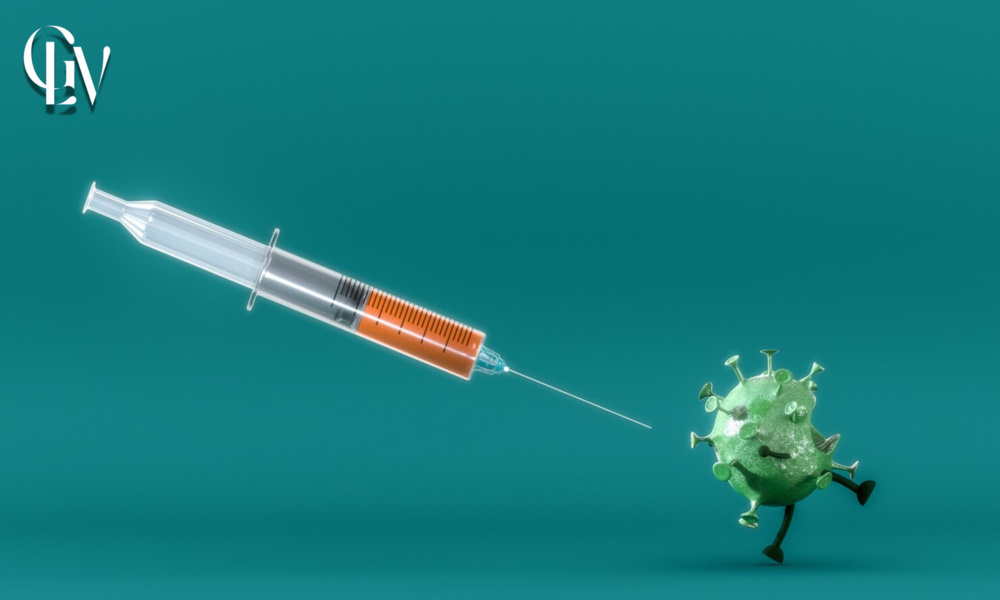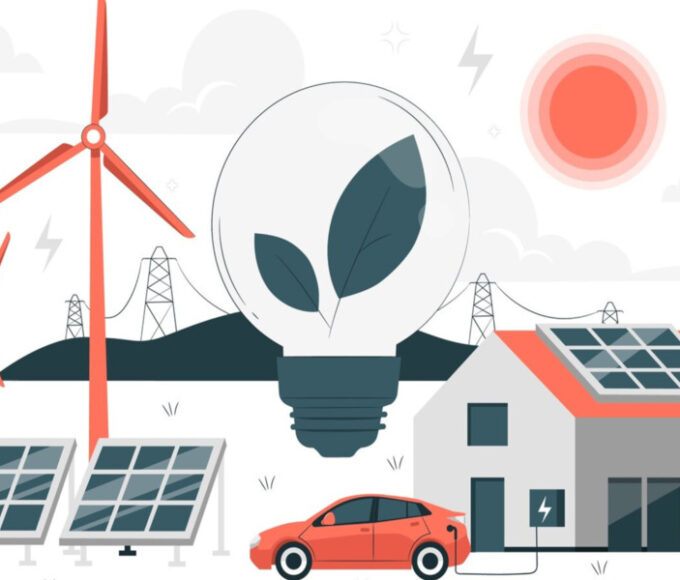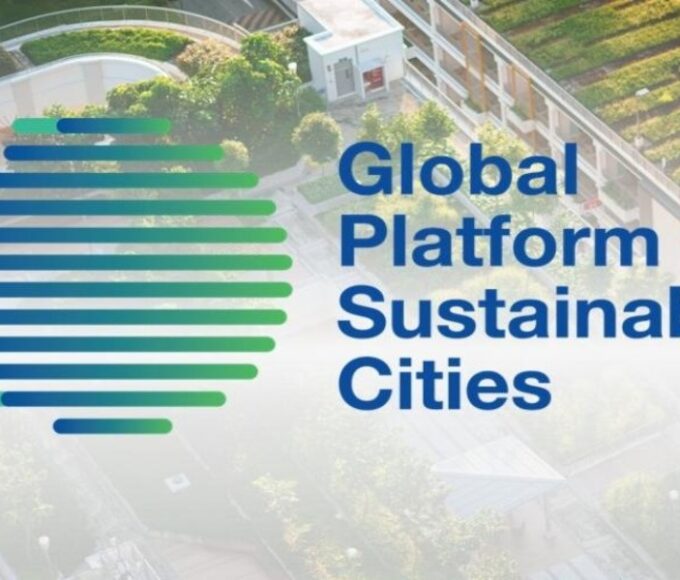Global Vaccine Distribution and Preparedness: Strengthening the World’s Response to Health Crises

The COVID-19 pandemic highlighted the critical importance of vaccine distribution and global preparedness in combating public health crises. Vaccines play a crucial role in preventing the spread of infectious diseases, and their timely and equitable distribution is vital to saving lives and ensuring public health security worldwide. As the world moves forward from the pandemic, lessons learned from the rapid development and distribution of COVID-19 vaccines are shaping how we prepare for future health emergencies.
The Challenge of Global Vaccine Distribution
The global distribution of vaccines, especially in low- and middle-income countries (LMICs), is one of the most significant challenges in public health. While high-income countries have largely secured access to vaccines through advanced purchase agreements with pharmaceutical companies, many poorer nations have struggled to obtain enough doses for their populations. This disparity in vaccine access has resulted in uneven protection against diseases, perpetuating global health inequalities.
The COVAX initiative, led by the World Health Organization (WHO) in collaboration with GAVI (Global Alliance for Vaccines and Immunization) and other partners, was created to address these inequalities. COVAX aims to ensure fair and equitable access to COVID-19 vaccines by pooling resources from wealthier nations and distributing vaccines to lower-income countries. Despite facing logistical hurdles, such as supply chain disruptions and vaccine hesitancy, COVAX has played a critical role in getting vaccines to millions of people around the world, particularly in sub-Saharan Africa, Southeast Asia, and Latin America.
Key Factors in Effective Vaccine Distribution
The successful distribution of vaccines depends on several key factors, including *logistics, **infrastructure, and *public trust.
- *Cold Chain Infrastructure: Many vaccines, including COVID-19 vaccines, require cold storage to maintain their effectiveness. This is especially challenging in regions with limited infrastructure. Ensuring that vaccines are stored and transported at the correct temperature is essential for their success. For example, the *Pfizer-BioNTech COVID-19 vaccine requires storage at ultra-low temperatures, which posed significant distribution challenges in countries without access to specialized refrigeration.
- *Supply Chain Management: Effective vaccine distribution requires a robust and efficient supply chain, including reliable transportation, storage facilities, and delivery networks. During the pandemic, governments and organizations had to rapidly scale up their supply chains, sometimes in regions with limited resources. The *GAVI Alliance and other global health organizations have been working to strengthen vaccine distribution networks in preparation for future health crises.
- Public Awareness and Acceptance: Even when vaccines are available, public acceptance is not guaranteed. Vaccine hesitancy—often fueled by misinformation, cultural factors, or mistrust of health systems—can hinder efforts to achieve widespread vaccination. Global vaccination campaigns must include public education efforts to build trust, address concerns, and provide accurate information about vaccine safety and efficacy.
Preparing for Future Health Crises
The COVID-19 pandemic revealed both the strengths and weaknesses of the global health system. While unprecedented collaboration led to the rapid development of vaccines, the global response highlighted the need for stronger preparedness plans for future pandemics or outbreaks of infectious diseases.
Investment in Global Health Infrastructure: Strengthening the health infrastructure of countries around the world is crucial to improving vaccine distribution and preparedness. This includes improving cold chain systems, ensuring equitable access to medical supplies, and building the capacity of health systems to deliver vaccines quickly and efficiently.
Research and Development: In addition to improving distribution, it is essential to invest in research and development (R&D) to create vaccines for emerging diseases. The speed at which COVID-19 vaccines were developed—thanks to years of prior research on mRNA technology and other vaccine platforms—demonstrates the potential for rapid response to new threats. Ongoing investment in R&D and international collaboration on vaccine development will be essential to staying ahead of future pandemics.
Strengthening Global Cooperation: The COVID-19 pandemic underscored the importance of global cooperation in pandemic preparedness. The next health crisis will require seamless coordination between governments, international organizations, and the private sector. Strengthening the role of entities like the WHO and regional health organizations in coordinating global responses and ensuring equitable vaccine distribution will be vital.
Surveillance and Early Warning Systems: One of the most effective ways to prevent a pandemic is through early detection and swift action. Strengthening global disease surveillance systems, including tracking emerging pathogens and monitoring vaccination coverage, will help countries respond more quickly and effectively to future threats. Investing in early warning systems will allow for faster identification of new viruses and a more coordinated global response.
The Path Forward: Building a Resilient Global Vaccine System
As the world emerges from the COVID-19 pandemic, there is a unique opportunity to build a more resilient and equitable vaccine distribution system. The lessons learned from the rapid rollout of COVID-19 vaccines along with ongoing efforts to improve global health infrastructure can pave the way for more effective responses to future health crises.
Collaboration, investment, and innovation are key to ensuring that vaccines reach all populations, regardless of income or location. By prioritizing equity in vaccine access and focusing on long-term preparedness, the global community can better navigate the complexities of future pandemics and reduce the burden of infectious diseases worldwide.
Global Leaders View
Global vaccine distribution and preparedness are essential elements of effective public health responses to global health crises. While significant strides have been made in vaccine equity and infrastructure, ongoing efforts are necessary to strengthen these systems for future emergencies. Through collaboration, investment, and the strengthening of global health systems, we can ensure that the next global health challenge is met with a more coordinated, swift, and equitable response, ultimately saving lives and protecting communities worldwide.
Visit Latest Interviews
Recent Posts
Related Articles
Why You Should Think About Your Domain Extension Before You Think About The Name?
Think of your domain extension like a surname—it wraps up your web...
ByGlobal Leaders ViewAugust 19, 2025Germany’s ‘Energiewende’ Initiative: A Vision for a Sustainable Future
Germany’s ambitious energy transition, known as the Energiewende, aims to shift the...
ByGlobal Leaders ViewJanuary 27, 2025Global Platform on Sustainable Cities Established
In a groundbreaking move toward addressing the challenges of urbanization and climate...
ByGlobal Leaders ViewJanuary 27, 2025Singapore’s Green Urbanism Initiatives
Singapore, known for its modern skyline and bustling urban environment, is also...
ByGlobal Leaders ViewJanuary 27, 2025















Leave a comment